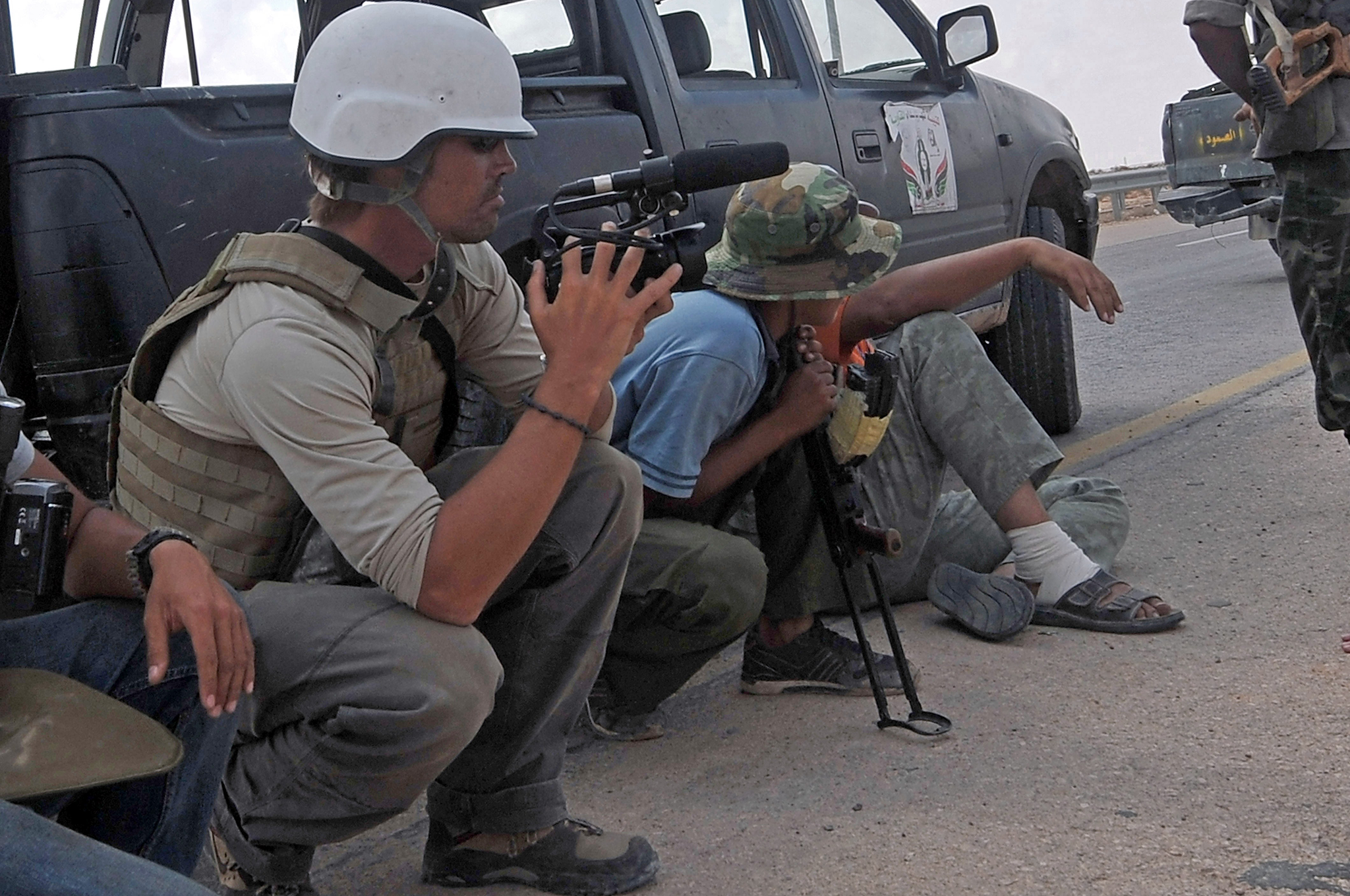James Foley beheading: US forces tried to rescue hostages in failed secret mission
Isis 'demanded a ransom' for the journalists

US Special Operations forces launched a secret ground operation to try to free journalist James Foley and other hostages in Syria weeks before Mr Foley was murdered by militants from the Islamic State (Isis), the Obama administration has said.
The White House and Pentagon released statements yesterday confirming that President Barack Obama personally authorised the July mission, which culminated in a firefight between militants and more than 20 Delta Force commandos, one of whom received a “minor injury”.
The raid on an oil refinery in northern Syria was ultimately unsuccessful because the hostages, thought to have been held there in the weeks leading up to the operation, had recently been moved. The mission was triggered by intelligence from several European hostages freed by the militants previously.
It is the first reported deployment of US ground troops in Syria since the start of the country’s civil war in 2011. The mission was supposed to remain secret, said National Security Council spokeswoman Caitlin Hayden. “We only went public ... when it was clear a number of media outlets were preparing to report on the operation and that we would have no choice but to acknowledge it,” she said.
A video of Mr Foley’s beheading was released online on Tuesday. In the video, his British-accented executioner claimed his killing was revenge for the recent US airstrikes against Isis fighters in Iraq. But a report in the New York Times yesterday suggested the group had demanded a ransom for his release, which the US had refused to pay.
Ransoms paid by European countries have become a major source of funding for terror groups, with al-Qa'ida reported to have earned some $125m (£75m) from kidnappings in the past five years. The policy of the US and UK governments is to refuse such ransom negotiations.
Mr Foley, 40, was a freelance reporter and videographer who worked predominantly for GlobalPost. He was kidnapped with another journalist close to Syria’s border with Turkey in November 2012. His family and a former hostage held with him told the New York Times his captors had demanded a $100m ransom for his release.
Last week, the militants sent an email to Mr Foley’s family and to GlobalPost threatening to kill him. “We knew exactly where he was from the released hostages,” GlobalPost chief executive Philip Balboni told the Washington Post. “We knew that his immediate jailers were British jihadists.”
Several other journalists are believed to have been held with Mr Foley, including freelancer Steven Sotloff, who also appeared in the video, with the executioner threatening his murder. “The life of this American citizen, Obama, depends on your next decision,” the man said.
Join our commenting forum
Join thought-provoking conversations, follow other Independent readers and see their replies
Comments
Bookmark popover
Removed from bookmarks